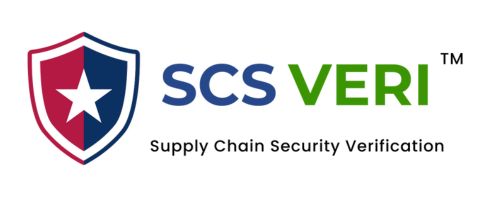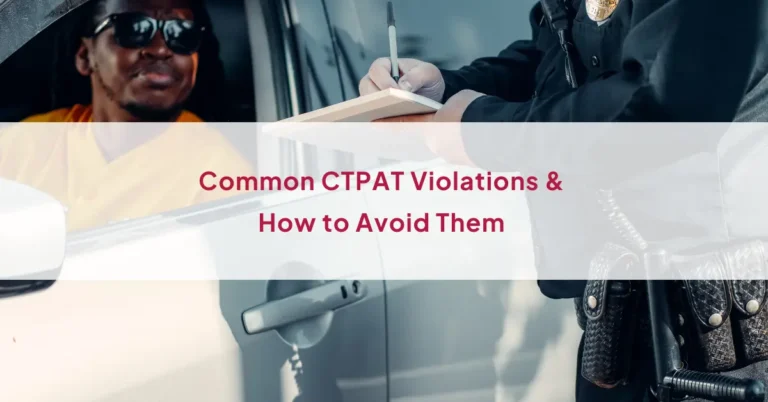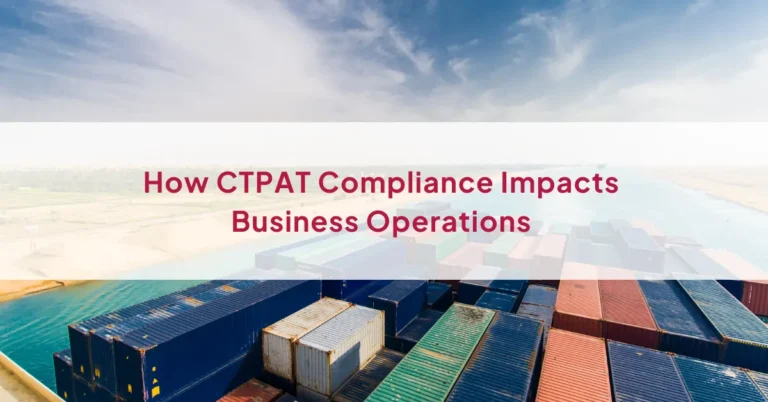
In today’s global trade environment, secure and efficient movement of goods is essential. The Customs Trade Partnership Against Terrorism (CTPAT) plays a vital role in ensuring this security by strengthening supply chain practices and building trust between businesses and customs authorities.
For importers, exporters, and logistics partners, being CTPAT-compliant can significantly improve customs clearance times and global competitiveness.
5 Key Impact of CTPAT on Global Trade & Customs Clearance
1. What Is CTPAT and Why It Matters
CTPAT is a voluntary U.S. Customs and Border Protection (CBP) initiative that promotes strong supply chain security practices among importers, manufacturers, and logistics providers.
By aligning with CTPAT standards, businesses demonstrate their commitment to preventing smuggling, tampering, and terrorism-related risks within their supply chains
Key Focus
2. Faster Customs Clearance & Priority Processing
One of the most direct advantages of CTPAT participation is reduced inspection time at ports.
CTPAT-certified businesses often enjoy:
These benefits help reduce transit delays, minimize storage costs, and increase predictability in international shipping schedules.
3. Strengthened Global Trade Relationships
CTPAT compliance signals to buyers, importers, and customs authorities that your business operates with transparency and integrity.
This reputation not only helps secure long-term trade partnerships but also positions your company as a trusted supplier within global sourcing networks.
Many international retailers and brands prefer working with CTPAT-validated factories and suppliers due to their enhanced security reliability.
4. Lower Supply Chain Risks
Through structured risk assessment, CTPAT helps companies identify and minimize vulnerabilities such as:
By addressing these proactively, businesses can reduce disruption and maintain smooth trade flow
5. Documented Accountability
CTPAT emphasizes thorough documentation—inspection logs, cargo records, and partner evaluations—which support both compliance and operational transparency.
Independent audit evaluations help businesses verify whether these controls are being effectively maintained across all locations and partners.
Conclusion
The impact of CTPAT on global trade goes beyond faster customs clearance—it builds stronger supply chain integrity, fosters collaboration between nations, and promotes a safer trading environment.
Through consistent monitoring and third-party verification, companies can maintain compliance confidence and reinforce their standing as reliable global trading partners.



